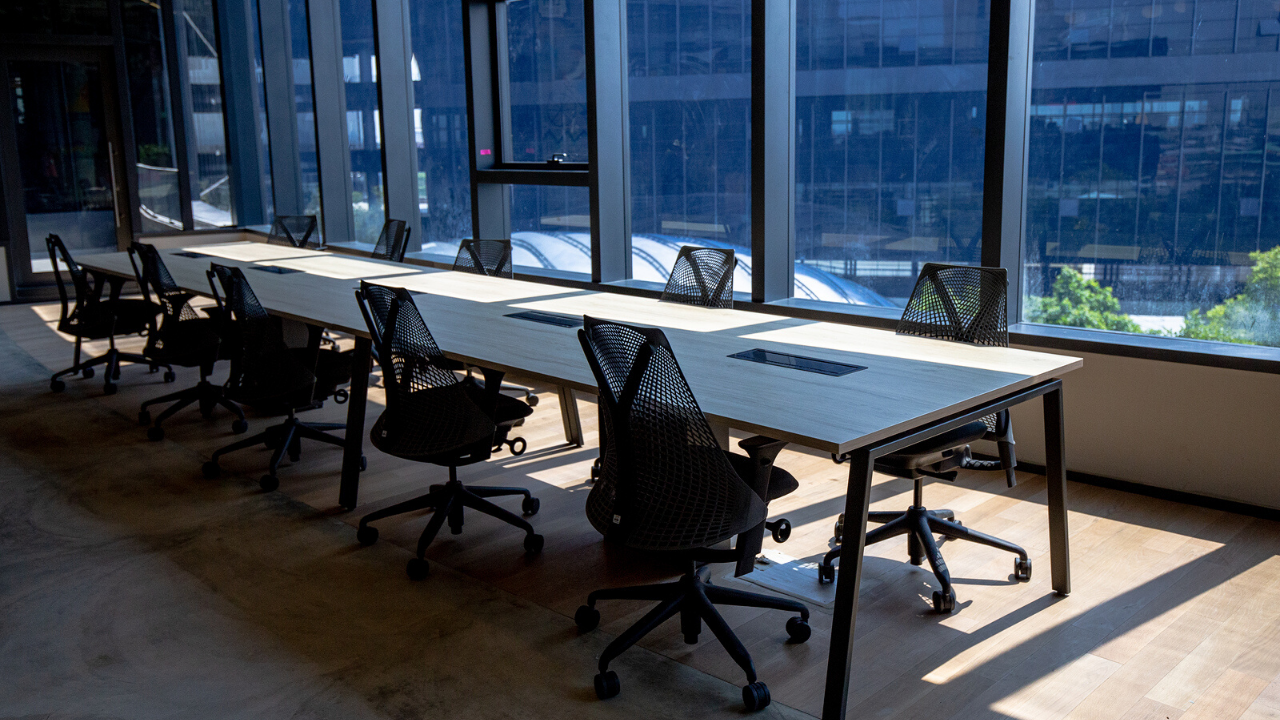Last year, flexible office space accounted for the largest portion of office take up in London at 23% after FTSE signed a lease for over 1,000 desks at WeWork, according to Savills. Now, a survey from Workthere finds that less than a third of UK flexible space providers are optimistic about the industry over the next three months.
Since lockdowns have occurred, operators have said they expect their occupancy to fall to 76% at the end of May. Additionally, respondents said that over half of their members requested rent relief and 15% had not renewed their contracts.
While some providers are offering tenants support and relief, operators that do not own their office spaces are struggling to pay rent to landlords themselves.
This is particularly risky for building owners that have WeWork as a tenant, as the company has faced a series of unfortunate events over the past several months, including the loss of a $3 billion tender offer from its largest shareholder SoftBank.
For now, it seems that the preferred and safest work method will be working from home with the use of collaboration technology and communication tools. Despite the massive rise of remote working, people are bound to miss office environments. Finding a balance between supporting a safe office environment and the infrastructure to work from home will be key in adjusting to the new reality of the workplace.















